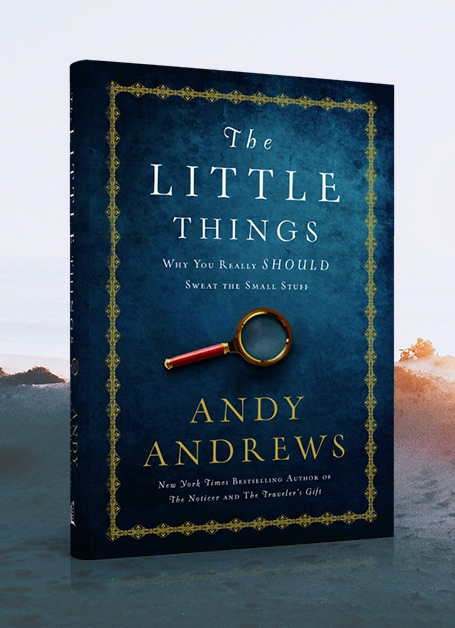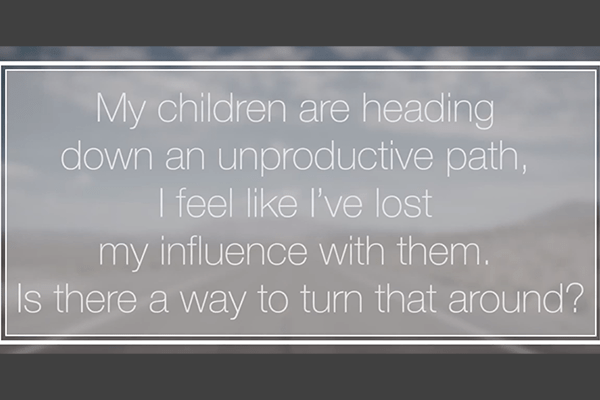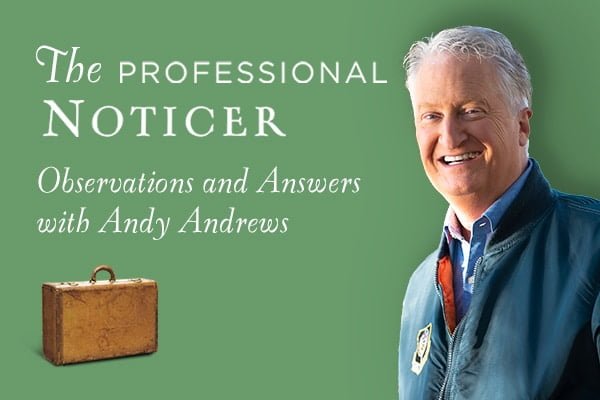When it comes to working with new clients, you’ll find a million articles telling you how to attract and retain them.
But you’ll find far fewer that show you how to evaluate whether you should work with a new client in the first place—a process that is essential, but often overlooked.
Evaluating clients is often ignored for three reasons:
- It’s tough for entrepreneurs to say no to money, especially if their business is young. When you’re the one responsible for generating your paycheck every month, pressure can be intense.
- We’ve fooled ourselves into thinking that it’s a bad thing if our business isn’t designed to help every single type of person experiencing every single type of situation.
- We fail to realize that saying no to clients who aren’t a good fit allows us to say yes to more clients who are a good fit (or at least pursue them).
When you let these reasons dictate your decision-making process, it’s the same as making fear your company CEO. Trepidation will not guide your business. Never operate with a mindset of scarcity. It will only set you up to be frustrated and, eventually, burned out.
Newsflash: Your time is precious.
As entrepreneurs, we are constantly balancing work and family life and, therefore, do not want our attention directed toward projects that waste our time. This includes our “thinking” time.
All that does is postpone the point when you can start working on projects you actually love.
My 2 Rules (and 1 Critical Question) for Every New Client and Opportunity
Just like you, I’m busy.
I write, I speak, and I do consulting work for an intentionally small number of clients I select very carefully.
Before I enter any new consulting relationship, I have two rules and one critical question that guard my time and prevent me from directing my business away from its purpose.
Rule #1: They have to be somebody with whom I connect and like.
The first rule is pretty straightforward. Life is too short to spend time with people you don’t like.
For a consulting relationship to be worth it (for them and me) I really need to connect with the leaders and their cause on a deeper level.
If it doesn’t excite me…if I determine it’s not going to get me out of bed in the morning, I pass.
Rule #2: They must have a great level of belief in their company or team.
The only way I can connect with people on a deeper level is if they believe in what they’re doing. That’s why Rule #2 exists.
Their level of belief is important for two main reasons:
- I am absolutely convinced—and have been convinced for a long time—that people cannot achieve beyond what they truly believe.
- I want to find out if they’re thinking too small or so big that they’re being unwise. It’s easy to find out where a client wants to go. Just ask them. Despite what they say, however, if you don’t have a sense of where a potential client is truly headed at the moment, you’ll have a hard time guiding them there.
So how do you find out a client’s level of belief in their company, team, or self?
You ask the one critical question I mentioned earlier:
If you had a magic wand and you could do anything with it that you wanted,  what would you do (in this area)?
what would you do (in this area)?
You can take this question a step further by adding a timeline to it—a year from now, two years from now, wave your magic wand and tell me what it looks like. Start with the end in mind. If you’re going to guide someone, you have to see the future. You have to make sure they see it, too.
In the work that I do, I need people to have great success. I need that as much as they need that.
I don’t have a Super Bowl ring, a television show, or a gold medal. I wasn’t a hero of some national disaster we all remember that landed me on the cover of Time magazine.
I’m just a guy who’s out here proving myself and proving the principles I teach. To keep opportunities coming my way, potential clients have to see the body of work and they have to see the success. I can’t have modest success—I need to have extraordinary success.
I can’t be in a position where clients, after a year of working with me, say, “We increased 14% and we went from number three in the market to number two in the market. We had a great time with Andy, but I’m not sure we couldn’t have done that without him.”
I can’t afford to have that and neither can you.
With any relationship, whether it’s your marriage, your kids, your employers, your employees, or your neighbors, getting down to the core level of belief is everything.
Listen carefully to uncover their level of belief and what they ultimately want to accomplish. Then you can address whether you can help them get there.
The 1 Question (Commonly Asked by Others) That I Never Ask a Potential Client
Warning: Though you might be tempted, never ask a potential client about goals.
Goals, especially in a corporate setting, are useless.
People lie about their goals in companies every day. It’s not malicious. In most cases, the lie is simple self protection. A sales manager will ask his employee his goals, the employee will give a number that’s higher than he really believes he can meet, but he does it because he’s afraid of the consequences of not aiming higher.
Sure enough, at year’s end he doesn’t make his goal because he never believed he could and he didn’t put in the work necessary to do it.
And this employee is one of many with similar results, but the damage has been done. The head of the company is left wondering what went wrong and how the company’s forecasting could be so off course.
I believe people’s time would be better spent figuring out how to truly increase their level of belief rather than setting goals beyond what they really and truly believe they can achieve.
So as I worked through my process of creating questions to elicit a client’s level of belief, I became more ambivalent with my questions in order to get them to talk more.
For example, imagine asking someone, “Do you like bananas?”
Well, that’s a yes or no question and then the conversation is over.
Now, imagine asking, “What kind of fruits do you like and which ones do you dislike and why?”
This type question leads to a longer dialogue and will allow you to discover more about the person. If you ask about goals, they will probably just list them and then the conversation will be over. You’ll leave that conversation without knowing anything more than you could’ve gotten off of their website.
Keeping in mind that goals don’t lead to the end result we’re looking for, we want to ask questions that draw out a level of belief.
For example, instead of: “What are your goals?” I often ask “What are we trying to do here?”
You would be shocked at how many high-level football coaches, when asked this question, have said, “We want to be in contention for the conference championship every year.”
At that point I’m ready to walk out. Are you kidding me? Who doesn’t want to be in contention for the conference championship?
You know how it is for NCAA or professional coaches these days. You can be in contention for the conference championship for three years and still get fired. If that’s the end result, we’ve got problems from the beginning.
I’ve only had one coach who said, “I want to win five consecutive national championships.”
Now that’s an end result I can get behind.
Your Turn—What Questions Do You Need to Ask?
I’m sharing what I look for to help you come up with your own questions for discovering a potential client’s level of belief. Your questions may differ according to what you’re after.
I’ve had to work hard to find questions that elicit the answer to what I’m really seeking, which is, what is the best that you are looking to do? And further, is that best as good as you can imagine? Is that more than anybody else has ever done?
The only way to achieve extraordinary levels of success is to work with clients who believe—just as much as I do—that they can achieve what they set out to do. Then I can lead them to the victory that they seek.
And so can you.
Question: How do you determine whether you will work with someone or not? What questions do you ask? Leave a comment below and let me know!

 what would you do (in this area)?
what would you do (in this area)?



